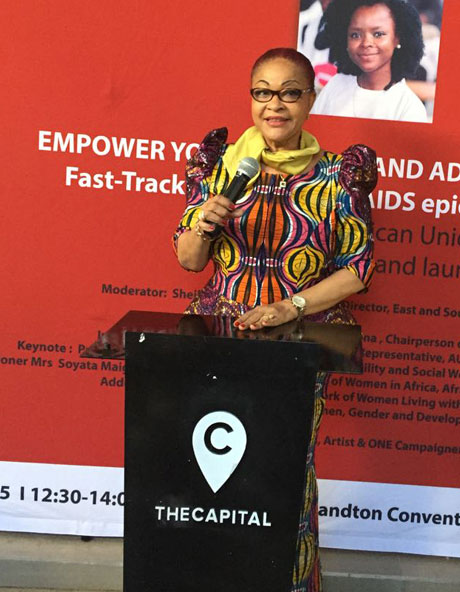
The World Bank on Wednesday called for stronger regional collaboration to help develop carbon markets in Africa.
Venkata Putti, World Bank’s Programme Manager of Carbon Markets and Innovation, said individual countries in the continent were unable to develop their own systems due to low mission profiles.
“Carbon markets and pricing is one area which has huge potential, hence the need to give it attention through a strong collaboration,’’ he said at the 10th Africa Carbon forum which began in Nairobi.
Putti said that in spite of some progress, a lot still needs to be done by way of climate action in Africa.
He noted that since Africa did not benefit as much as other regions under the Clean Development Mechanism (CDM) of Kyoto Protocol, there was the need for specific attention in this area.
“In collaboration with international partners and the Nairobi Framework Convention (NFP), the World Bank has plans to focus on this area in the near future,’’ Putti noted.
The official said that the World Bank had already been working in a number of countries to promote carbon pricing and markets.
“The bank is already working on carbon tax in South Africa, market infrastructure in Morocco and Tunisia, and feasibility of carbon pricing in Cote d’Ivoire,’’ he added.
He cautioned delegates to put their strategies in order and start focusing on climate change with emphasis since Africa remain the least contributing region for climate change, but is disproportionately impacted.
Putti said 43 million more people on the continent would become poorer by 2030, and more than 85 million people would undergo internal migration due to adverse climate impacts.
He said through Africa business plan, the bank was in the process of mobilising nearly 20 billion dollars by 2020 to implement priority climate action.
“You need to create enabling environment and give incentives to make it easier for international partners to bring in their expertise,’’ said Al-Hamandou Dorsouma, the African Development Banks (AfDB) Manager for Climate Change and Green Growth.
Dorsouma told delegates it was high time that climate change was seen as a business opportunity and not a disaster.
“Looking at the performance of renewal energy in the continent is proof that climate change is now a lucrative business venture,” he added.
Dorsouma challenged African governments to align their adaption priorities to reflect the reality of every country.
He suggested that alongside resource mobilisation, the countries also need to concentrate on developing technology and the capacity of the people.











